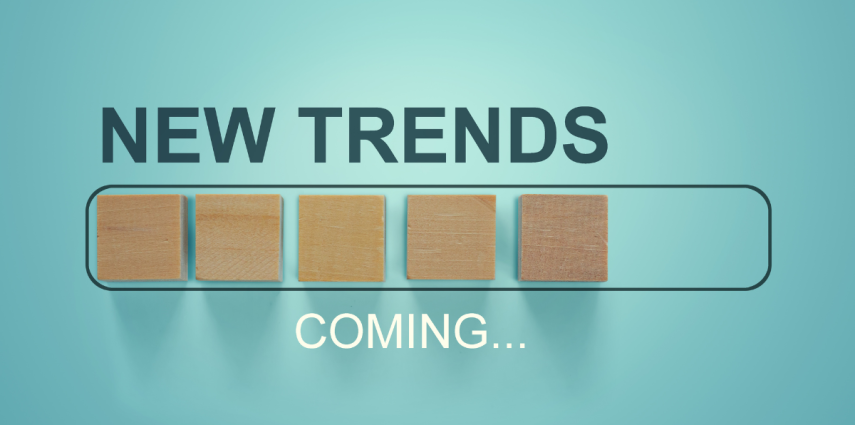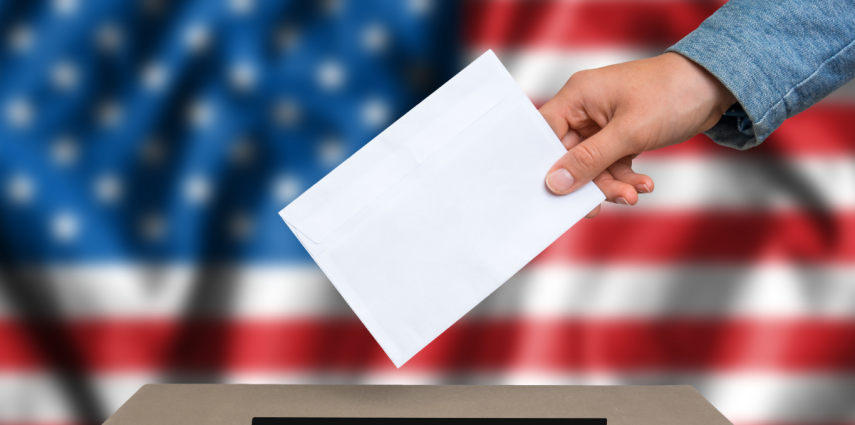In the fast-moving world of talent acquisition, staying current with the latest Applicant Tracking System (ATS) trends and technologies is no longer optional—it’s essential. Advances like AI in hiring, automation, and the rise of remote/hybrid work models are reshaping how HR professionals source, engage, and hire top talent. For HR teams striving to improve the candidate experience and deploy smarter HR technology, keeping pace with innovation ensures a competitive edge in both recruitment efficiency and quality.
Embrace the Power of AI in Hiring and Automation
Artificial Intelligence is revolutionizing recruitment by automating repetitive tasks such as resume screening, interview scheduling, and candidate assessments. HR pros who stay informed about emerging AI capabilities within ATS platforms can streamline hiring processes, reduce unconscious bias, and identify top talent faster. For HR pros, understanding how to leverage AI in hiring means less time sifting through piles of resumes and more time focusing on meaningful candidate interactions. Following industry blogs, attending AI-focused webinars, and participating in technology demos can help HR professionals recognize which tools offer the best integration of AI for their needs.
Automation goes hand in hand with AI in elevating the efficiency of HR teams. From automated workflows that push candidate data to various stages, to AI-powered chatbots that communicate with job applicants, automation ensures a seamless experience for both recruiters and candidates alike. Keeping pace with the latest automation functionalities means HR pros can provide a personalized, responsive candidate experience while saving time and reducing human error.
Adapt to Remote and Hybrid Work Models
The pandemic fundamentally changed the nature of work, making remote and hybrid work models the new normal. ATS technologies have responded by integrating features that support virtual interviews, remote onboarding, and seamless collaboration across distributed teams.
HR professionals need to remain attuned to how ATS platforms evolve to meet these changing hire-and-work dynamics. Engaging with industry thought leadership, networking groups, and peers focusing on remote work technology provides insights into best practices and new tools tailored to distributed hiring environments. This ensures that recruitment processes remain smooth and efficient regardless of physical location.
Focus on Improving the Candidate Experience
In today’s competitive talent market, the candidate experience can make or break your recruitment success. Smarter HR technology not only helps recruiters but also significantly improves the candidate experience. Features like intuitive application portals, real-time status updates, and AI-driven communication foster transparency and engagement. HR pros should explore ATS updates that enhance mobile accessibility and incorporate candidate feedback mechanisms to continuously refine their recruitment approach. Staying updated on ATS innovations focused on user experience helps HR pros ensure every applicant feels valued and informed throughout the hiring process.
Leverage Continuous Learning and Industry Engagement
To stay ahead of evolving ATS trends, HR professionals must commit to continuous education. Subscribing to industry newsletters, participating in HR technology conferences, enrolling in relevant training, and joining professional networks help maintain an up-to-date knowledge base.
Hands-on experimentation, such as pilot testing new features or collaborating with HR tech providers for demos, brings applied understanding that complements theoretical learning. Staying actively involved in the HR tech community enables professionals to exchange ideas, share challenges, and discover practical solutions to common hiring hurdles.
Bradford’s Takeaway
For HR professionals, staying current with the latest ATS trends and technologies is pivotal in harnessing the potential of AI in hiring, automation, and solutions built for remote/hybrid work models. By embracing smarter HR technology and continually focusing on improving the candidate experience, HR teams can drive efficiency, reduce bias, and build stronger talent pipelines.
The key to success lies in ongoing learning, active industry participation, and a proactive approach to adopting innovations. In doing so, HR pros ensure their organizations remain competitive while creating recruitment processes that are as dynamic and flexible as the workforce they seek to attract. Keeping up with ATS advancements doesn’t just streamline hiring — it transforms it.







